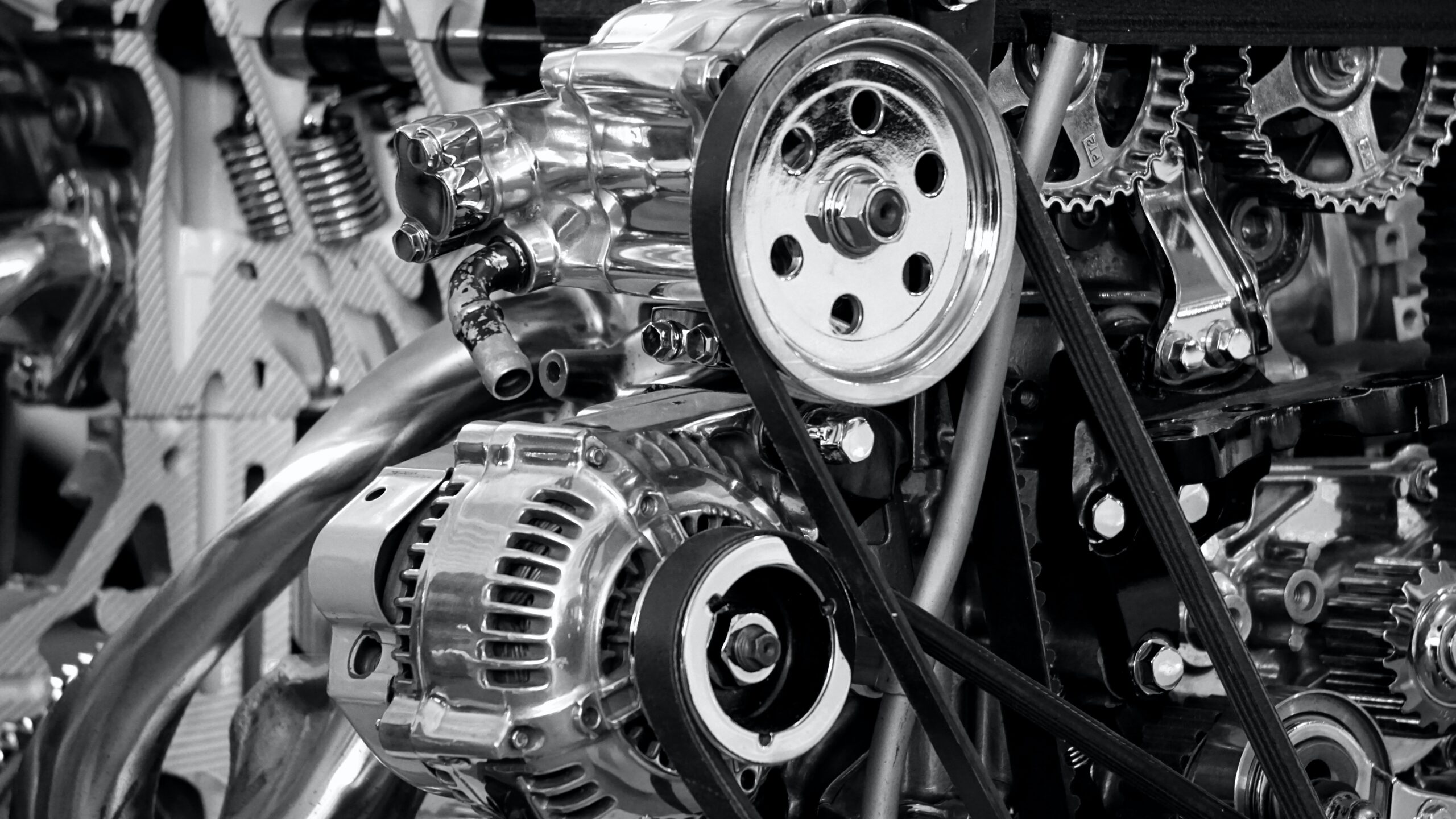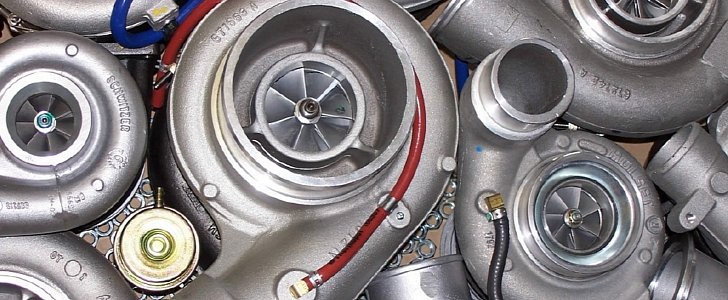Discover a Wide Range of Engines for each Automobile and Objective
The automobile landscape is increasingly intricate, with a varied array of engine kinds made to fulfill certain performance and performance needs throughout numerous automobile groups. In addition, durable engines offer the requirements of job cars, while eco-friendly choices are acquiring grip in the pursuit of lasting transport.
Types of Automotive Engines
Automotive engines can be categorized right into several distinctive types, each created to satisfy particular efficiency and effectiveness needs. One of the most common groups include interior combustion engines, electric engines, and hybrid systems.

Electric engines, on the various other hand, operate electric power kept in batteries, giving immediate torque and zero discharges. These engines are coming to be increasingly preferred because of innovations in battery technology and the growing focus on sustainability.
Crossbreed systems combine both interior burning and electric engines, allowing lorries to enhance gas efficiency and minimize emissions by effortlessly switching over between power sources. Each engine type provides its benefits and disadvantages, affecting variables such as vehicle design, planned usage, and market need. Understanding these differences is critical for consumers and producers alike when choosing the appropriate engine for their particular requirements.
Efficiency Engines for Sports Cars
Efficiency engines for sports cars and trucks are especially crafted to provide improved power, agility, and speed, establishing them besides common vehicle engines. These engines commonly use innovative innovations such as turbocharging, turbo charging, and variable valve timing to take full advantage of performance and responsiveness.
Typically, efficiency engines are created with higher compression ratios, which enable better energy extraction from fuel. This results in remarkable horse power and torque figures, allowing fast acceleration and greater full throttle. The lightweight products utilized in these engines, such as light weight aluminum and carbon fiber, contribute to reduced total automobile weight, enhancing handling and ability to move.
Engine configurations like V6, V8, and also hybrid systems prevail in performance cars, each offering unique advantages in terms of power shipment and driving characteristics. The tuning of these engines is also vital; numerous suppliers optimize the engine administration systems to offer an exhilarating driving experience, commonly consisting of sporting activity settings that change throttle response and gear shifts.
Effective Engines for Daily Commuters
In the world of daily commuting, effective engines play an essential duty in optimizing gas economic climate and minimizing discharges while giving dependable performance. As metropolitan populaces grow and environmental concerns escalate, the need for cars furnished with reliable powertrains has risen.
Modern engines made for daily commuters often integrate modern technologies such as turbocharging, straight gas injection, and crossbreed systems. Turbocharging boosts engine efficiency forcibly more air into the burning chamber, enabling for smaller, lighter engines that do not jeopardize power outcome. Direct fuel injection improves fuel atomization, resulting in far better burning and raised effectiveness.
Crossbreed engines, combining internal combustion with electric power, more augment fuel economy, particularly in stop-and-go traffic, where typical engines can struggle with inefficiencies. Electric electric motors aid during acceleration and can operate independently at low rates, reducing overall fuel consumption.
Moreover, developments in engine management systems and lightweight products contribute considerably to efficient engine design. By concentrating on efficiency, resilience, and environmental sustainability, manufacturers proceed to supply engines that not just satisfy the needs of everyday commuting however additionally line up with worldwide initiatives to minimize carbon impacts.
Heavy-Duty Engines for Job Cars
Heavy-duty engines for job automobiles are consistently crafted to provide extraordinary torque and reliability under demanding conditions. get redirected here These engines are made to carry out in environments where standard engines may fail, such as building and construction websites, logging operations, and agricultural setups. The primary emphasis of heavy-duty engines is their capacity to generate high levels of you can look here power while keeping longevity over prolonged periods of procedure.
Usually, heavy-duty engines make use of innovative materials and durable construction strategies to endure the rigors of heavy work. Features such as strengthened cylinder blocks, improved air conditioning systems, and advanced gas injection technologies contribute to their performance. These engines usually operate at reduced RPMs, which helps to enhance gas performance while offering the needed power for towing and transporting.
In addition to mechanical toughness, sturdy engines are often outfitted with advanced digital control units (ECUs) that handle performance, exhausts, and diagnostics. This assimilation enables better monitoring and upkeep, ensuring that job lorries stay functional and efficient.
Eventually, sturdy engines are a necessary part in the performance of numerous markets, providing the necessary power and reliability to tackle the toughest of jobs.
Eco-Friendly Engine Options
The expanding focus on sustainability has actually brought about the growth of environment-friendly engine alternatives that focus on lowered exhausts and improved fuel efficiency. These engines are designed to minimize the ecological effect of automobiles while still providing the performance and reliability anticipated by consumers.
Among one of the most remarkable green alternatives are hybrid and electric engines. Crossbreed engines integrate conventional inner combustion engines with electric propulsion, permitting for lowered fuel consumption and lower greenhouse gas exhausts. Electric engines, on the various other hand, run totally on battery power, creating zero tailpipe exhausts and adding to cleaner air top quality.
One more encouraging growth is the advancement of biofuel engines, which use renewable energies, such as plant products, to power automobiles (Engines For Africa). By utilizing biofuels, these engines can lower dependency on nonrenewable fuel sources and lower total carbon footprints

As the automobile sector progresses, environmentally friendly engine options will play a vital function in driving the transition towards more lasting transportation services.
Final Thought
From high-performance engines that enhance sports cars and truck capacities to reliable models prioritizing fuel economic climate for everyday commuters, each type serves a certain feature. Sturdy engines provide to durable work automobiles, while green alternatives, such as electrical and biofuel engines, advertise sustainable transportation.
